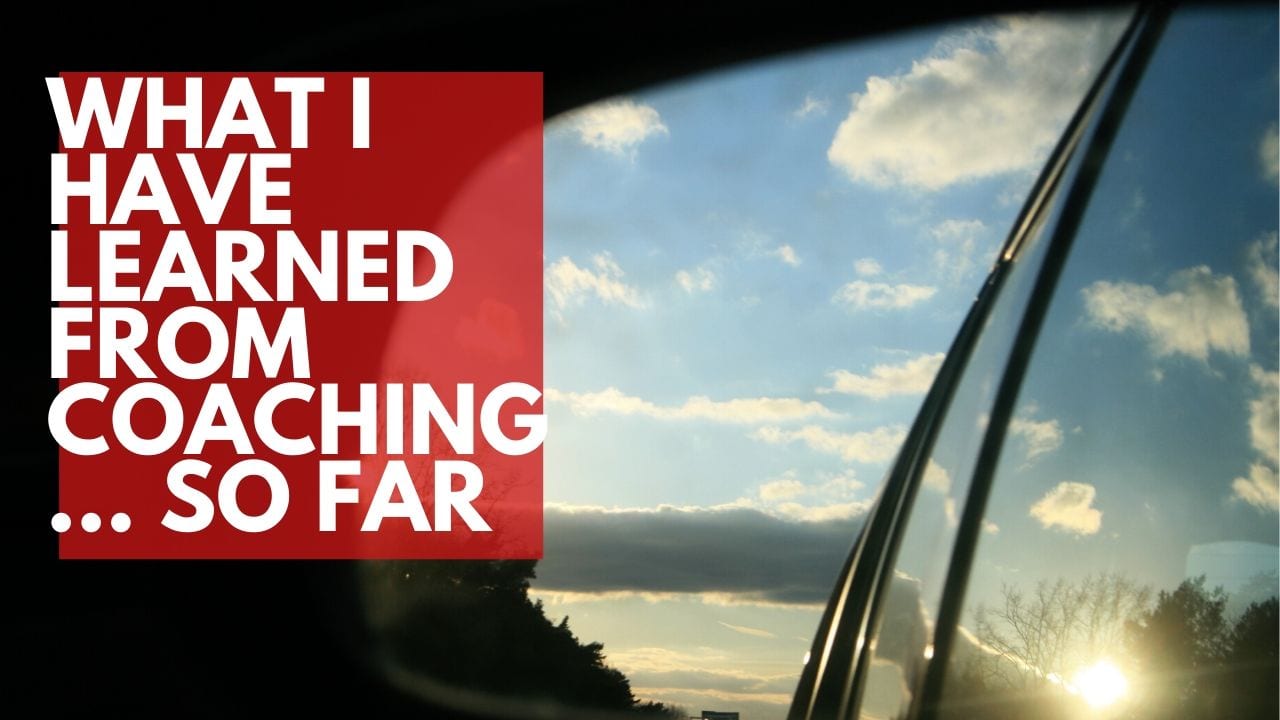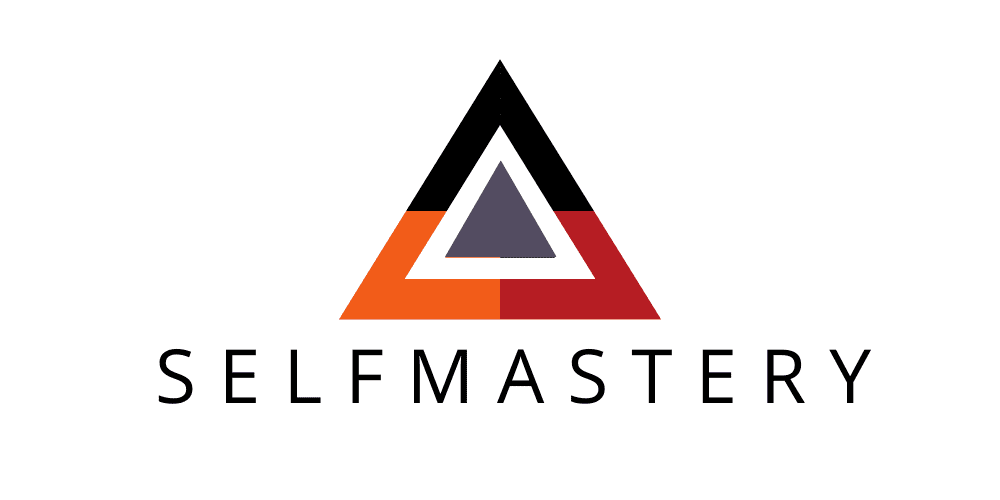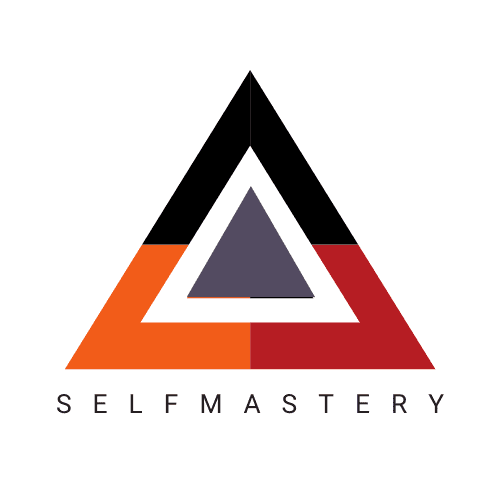
11 Dec What I have learned from coaching … so far
I arrived to coaching after teaching at the college level for fourteen years. I am a voracious learner. I loved (and still do love) universities, and I loved the idea of getting paid to create knowledge and help others learn. However, during all those years in academia, I always felt there was something missing. Despite being surrounded by amazing people, both good students and brilliant colleagues, I always felt lonely. Teaching in a university and academic research are solitary tasks. The whole building -the physical and the institution- is founded on medieval and early modern ideas. Books, authors, and teachers are the main players of the game, and everything revolves around them. It took me years of research to understand that universities by conception are not made for students, universities are made for authors. It was when I started coaching that I understood all this. It was really after spending thousands of hours within the walls of my garage teaching people the basics a human movement literacy that I saw what I felt was missing.
You see, coaching is teaching but it involves much more than traditional teaching. In my experience, you can be an amazing teacher and never touch a soul, but you cannot be an amazing coach without changing a soul. This resides in the fact that the scope of both professions is different. In teaching, there is a knowledge that precedes both teacher and student. The objective of the relationship is that the students successfully acquire this knowledge. In coaching, the focus of attention is not a specific knowledge, the focus of attention is what the athlete or trainee wants to be. This change of focus is fundamental. When somebody comes to me to help them learn a muscle-up, they don’t want to learn the muscle-up so that they can get a degree and get a job. They want to learn a muscle-up because they want to express something about themselves, they want to be capable of more, they want to challenge themselves, they want to change who they are in a very fundamental way. In helping them with this project, I had to play the role of the teacher but also had to be a guide, a solid sounding board, an “impartial” observer, and finally a reliable supporter with no other objective than to get them where they want to be.
This not-so-small realization was one of the first transformational lessons I learned from coaching. It changed my views on learning and it created a big shift in my identity. The purpose of this post is to share with you some of the other lessons I have learned from this fantastic profession. As with many of my posts, this will be a rough beta version of a document that will keep changing over time. I hope this is not the first nor the last time you read this:
- Coaching is the job of getting people closer to where they want to be. Coaching is about making people better according to their measuring stick. Because of this, coaching can happen in almost any context. Whenever you are guiding a person to perform better in any human skill, you are coaching. This definition is important. Often coaches and trainees get trapped. They think the coach needs to be the best at whatever skill it is that is to be mastered. Nothing is farther from the truth: coaching is about making people better, not being better than people.
- Learning is a physiological process. I internalized this by teaching movement and nutrition. I always knew that our knowledge is limited by our humanness: by our perceptions and our biologies. But getting out of the classroom showed me I only knew this at an intellectual level. I needed to learn this with my body, and my gut, and with my emotions, with my whole self. What we think is not only limited by our biologies–it is determined by it. Change your biology and the way you understand the world will change with it too. I now know at a very deep level that physics is descriptive. Natural sciences never explain why things work a certain way. The laws of physics are not the laws of nature, they are just sophisticated expressions of how our cognitions interpret the world. Don’t read this in the wrong way; I wish all my athletes knew more physics, it would make their lives easier. This implies that when coaching you have to provide a context in which this kind of holistic learning experience can happen.
- Coaches are information parsers. We live in the era of information. We have created a monstrous system that produces more data than our brains can handle. We are at a deficit because the rate of information production and availability is way faster than the rate at which we turn that information into knowledge. This is the root of our confusion. We live in confusing times, everybody is fucking confused about everything. The job of us coaches is to parse information, to turn confusion into practice and into sense. This is possible for us because of the limited scope we have to cover. Our project is not to create universal knowledge or truths. (Thank heaven!) Our objective is to parse all the available information relevant to our client’s project. That’s very contained and doable.
- Art and craft are two very different things. When we love a discipline really hard, we always want to see it under the romantic lens of art. This initially naive analogy hinders more than it helps when it comes to coaching. Art is an expression of the relationship of the artist’s self with the world. Craft is the mastery of a discipline. Coaching is a craft but it is not art. As a matter of fact, to be a good coach you have to be always aware of your own self, not to express it, but to put it to the side. This is, of course, an impossible task, but we should always try to get there regardless.
- Training is specific, coaching is broad. When you are training somebody, both at something physical or something behavioral, that training is very specific. It should be if you want it to succeed. Coaching however is broad. Knowing the specificity of the thing trained is important but it is only step one. A good coach must see the complexity of the person as a whole in order to get them where they want to go. Knowing the technicalities of a muscle-up is not very useful if you don’t know how to interpret a person’s body language. They might be telling you that today is the worst day to learn and you might not read it. If you don’t understand what drives them, you will never be able to help them get unstuck when the grind gets real. If you are oblivious to what their inflexible shoulder is telling you about their fixed mindset, you might end up prescribing a physical intervention when what’s really needed is a mental one. A coach who does not know enough mathematics and logic to be able to destroy narratives of self-defeat is a coach who will always be limited and hence limiting their athlete’s abilities. This implies that a coach should always be going for breadth in learning and development and to specificity in practice. Grow horizontally, coach vertically.
- Everybody is doing their best. This is where I think coaching is the most effective. Do you want to get people where they want to go? They are doing their best. Work from here and you will help them. Assume they are doing less than what they can, and you have already lost the battle. It takes ownership, it takes patience, but it does produce effective coaching.
- Evaluate people’s actions, not their motivations. What moves you and what moves me might be very different things. A good coach must understand what moves an athlete, or a client. This is a given, you need to really get onto the floor with your client and understand what moves them. But you don’t have to share it. What you must do as a coach is make sure you are presenting to your trainee the contrast between their motivations and their actions. We quite often cannot see these two things together, our egos get in the way. The job of the coach is to bring this contrast to light. This should not be done from a moral point of view. It is not about correcting, it is about providing the perspective that only an outside person can.
- Don’t put morals into coaching. People don’t need to earn shit. The job of a coach is not to decide if somebody has earned something or not. That’s a moral distinction. That’s the job of a parent or a priest. The job of a coach is to help the trainee decide what’s the best next step and help them take it, that is all.
Of course, I have learned much more than this. But these are lessons that I think we all can apply. We are all coaching somebody, most of the time we are just coaching ourselves. Even in this case, you can apply it. As I said, this list will keep growing so keep coming back to it!


